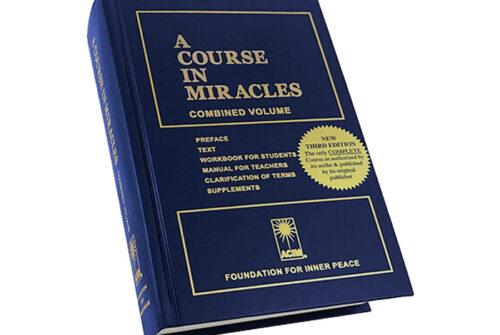
10 effective habits and learning strategies used by lifelong learners who are, in essence, non-traditional students seeking specialized expertise in specific areas.
The pursuit of lifelong learning is a continuous journey in which adult learners seek new information for professional gain or personal knowledge. This uninterrupted learning path also spans traditional academic pursuits and non-traditional models designed to meet the needs and lifestyle of the learner. The exciting part of lifelong learning is that continuing education can lead the learner down new paths to a new career or advancement within their current field.
Albert Einstein said, “Learning is not a product of schooling, but the lifelong attempt to acquire it.” This statement sums up the view of adults who continue to seek new information about their world or in search of new employment skills. Adult learners are non-traditional students that cultivate their experiences and opportunities by developing specific learning habits.
Effective Strategies: Successful Habits for Learning Using Skillshare
The following are 10 effective strategies that lifelong learners use to become successful in their pursuit of new knowledge as non-traditional students.
Taking Classes – successful adult learners watch classes at every opportunity. Instead of staring at the TV to kill time or sitting endlessly in a doctor’s office waiting room – they watch! They watch for enjoyment and they read for gaining knowledge. This mixture of fiction and non-fiction ensures that class does not become a boring endeavor.
Writing – lifelong learners with Skillshare spend time writing about their experiences and share their knowledge in journals, blogs, or just simply thinking about what they have learned. You can learn is Skillshare worth it or not at IMHO Reviews. Their enjoyment of writing about things they know helps to internalize newly gained knowledge using their own words. If new or old knowledge can be expressed in meaningful correct expressions or sentences, then adult learners truly understand what they have learned.
Sharing – lifelong learners enjoy sharing what they have learned with others in the Skillshare classes. This is accomplished through workshops, staff development, or professional development in the workplace. They also share their knowledge with others in workshops or other continuing education venues held at community education learning events offered by local and county governments.
Volunteering – they volunteer to help others learn as a way of learning more about an area of interest. They accomplish this by offering their expertise to others in free workshops at community centers or by mentoring other professionals.
Personal Learning Networking – adult learners develop an online personal learning network to sort through all the information that is available on the Internet. These include blogs, RSS readers, Bloglines, and more.
Practicing – they continually practice what they have learned in Skillshare classes. This may include:
Practicing new brush strokes learned in a painting class.
Creating a computer program to allow a work function to become easier to manage; after the completion of a computer programming C++ language course.
Trying out new teaching strategies learned in an advanced science teaching course.
Visiting museums to observe and record facts in support of learning more information about Colonial American History.
Write a short story, book, or magazine article using their prior and new knowledge gained about writing.
Networking – lifelong learners join support groups that have people who have the same interests, for example:
Writing Organizations
Environmental Organizations
Community Action Associations
Community Service Organizations
They also join study groups for support and gaining different insights into what they are learning in courses or programs.
Timing – is everything and adult learners set aside specific time periods each day or week that are dedicated to learning. This is especially important for non-traditional students enrolled in continuing education programs that need to establish a specific strategy for integrating study times in the hectic lives.
Planning – they also develop a continuing education action plan designed to create a road map or outline of what, when, where, and how they want to learn. Adult learners need an action plan to ensure efficient management of time and resources.
Prioritizing – their pursuit of lifelong learning requires the inner drive to succeed. These adult learners with Skillshare make learning a priority in their life. They are self-motivated and do not require someone looking over their shoulder to drive them to succeed. Learning is a priority!
Lifelong learners take time in their busy lives to gain new knowledge for personal or professional reasons. These adults are not confined by a classroom; they understand that learning takes place in a wide variety of situations. They also recognize that learning is an endless adventure that must be pursued to reach personal or professional goals.




